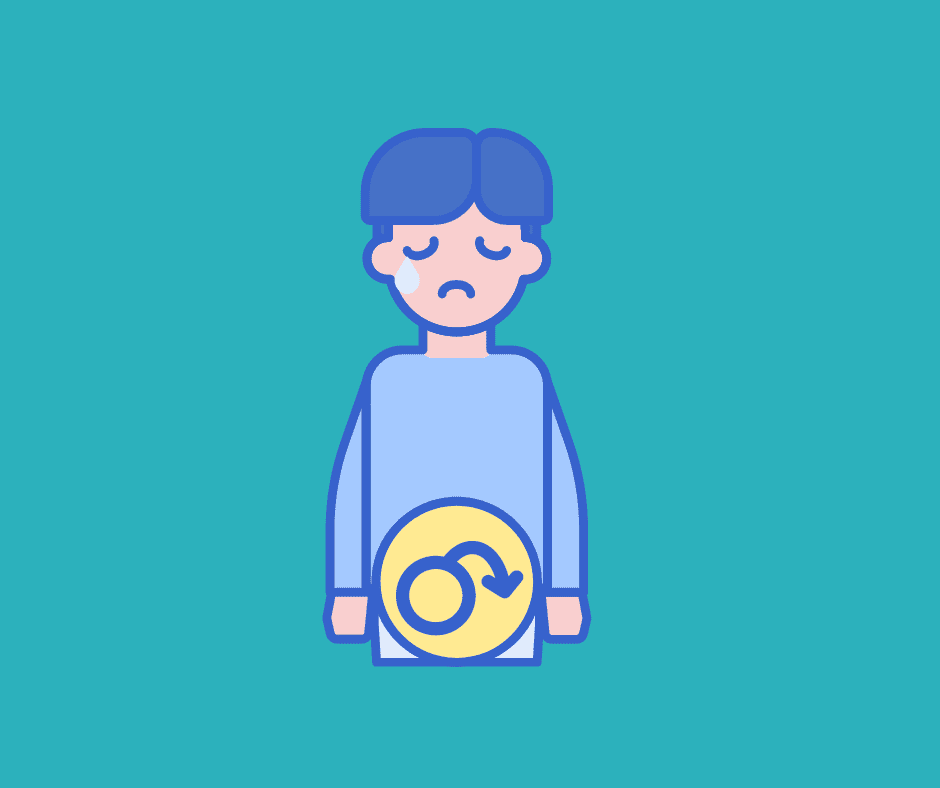Erectile dysfunction can be incredibly frustrating, not only to the patient but also to the person they are in a relationship with. For men who suffer from it, finding help can sometimes seem impossible; many people find pills to be ineffective or intolerable and turn to prostrate surgery as their last resort.
If this has been your experience as well, don’t despair—you’re not alone, and there are options available to help you get your sex life back on track and make you feel better than ever before; like erectile dysfunction exercises (pelvic floor muscle training). Here are six tips to remember if pills don’t work for you.
Research has shown that 10 out of 100 men have long-term erectile dysfunction. The chances of this condition increase with age. However, an increase in the number of erectile dysfunction cases has been recorded in younger males due to their lifestyle.
What is it?
Erectile dysfunction (ED) is a condition where an adult male cannot achieve or maintain an erection for sexual intercourse to take place. ED is abnormal.
It is dysfunctional for males of all ages since erection is experienced all through their lifetime. Usually, the male sex organ contains sensitive nerve endings and sponge-like tissue.
These tissues are filled with blood when a man is sexually stimulated, hence, an erection. But when it is not filled with blood during stimulation or the blood vessel does not constrict long enough to keep the blood, there is no erection. Hence, erectile dysfunction.
Symptoms
Common symptoms of erectile dysfunction include;
- Difficulty in getting an erection.
- Difficulty in maintaining an erection or performing erectile functions.
- Difficulty in achieving orgasm.
- Premature ejaculation.
- Low sexual desire due to testosterone level.
If any of these symptoms are prevalent for 90 days or more, you should speak to a doctor (urologist).
Causes And Risk Factors
Penile erection is brought about by different parts of the body working together. The brain, muscles, hormones, nerves, and blood vessels all work together to bring about it.
When any of these parts are affected by, say, a digestive and kidney disease, it causes erectile dysfunction. Other causes include;
- Medications like antidepressants, drugs for high blood pressure, and drugs for diabetes management.
- Treatments such as chemotherapy or surgery involving the pelvic region (prostrate survey).
- Psychological and physical stress.
- Underlying health conditions like sclerosis, heart disease, obesity, diabetes, Parkinson’s disease, etc
- Low hormonal secretion (like the testosterone levels that controls sperm production). When the testosterone level is low, the man is not well stimulated for sex.
- Harmful lifestyles like substance abuse. Substances like amphetamine, have.
- Injury to the groin region, leading to scar tissue in the area.
- Very low blood pressure. Studies has shown that dangerously low blood pressure is among the major cause of ED.
Management And Treatment
Erectile dysfunction can be effectively managed and treated after determining the cause. Whether stress-related, lifestyle-related, or health-related.
Treatment
Treating erectile dysfunction is not impossible. It could be treated with;
- Oral medications such as Viagra.
- Intraurethral medications inserted into the urethra.
- Sex and stress management therapy like psychological counseling.
- Penile injection therapy to dilate the penile vein for proper blood flow. When the blood vessels are dilated, it improves penile blood flow.
- Vacuum constriction device to trap blood in the penile blood vessels to sustain an erection.
- Penile prosthesis surgery (penile implant). It works best for those with scar tissue preventing erection.
All these options are available for treating erectile dysfunction.
Managment
Other ways to manage erectile dysfunction are through;
- Pelvic floor exercise (kegel) and aerobics to improve blood flow and strength the pelvic muscles. It also help with blood pressure.
- Mediterranean-type diet to boost blood vessel health and hormone. The diet is mainly fresh food, more fish and vegetables to aid the erectile function. Process foods are bad for managing the condition. Also, cut back on sugar intake. Diabetes affects erectile functions.
- Herbs (like ginseng) and herb supplements also helps dialate the blood vessels and improve penile blood flow
Erectile Dysfunction 6 Tips
1) Change your diet
If you have been experiencing ED and are not ready to talk to your doctor about it, there are some things you can do on your own. One of the biggest factors in ED is a person’s diet.
If you’re eating a lot of fatty foods, sugar, alcohol, and caffeine – all of which can cause problems for your sexual health – it might be time for some changes. Processed food and trans-fat has been known to clog the blood vessels.
Try cutting down on these things for at least 30 days and see if that makes a difference in how you feel.
2) Try a holistic approach
The following five tips can be a holistic approach to help with erectile dysfunction. Give these methods a try and see if they don’t work for you.
1. Exercise more – Exercises are serious lifestyle change to consider. You should exercise more to improve blood pressure and flow. If your blood is flowing then you are going to be more likely to get an erection.
2. Drink less alcohol – Alcohol can cause temporary erectile dysfunction and you don’t want this issue happening when it matters the most. Again, now is the perfect time to consider some serious lifestyle changes
3) Try different medications
If you’re experiencing erectile dysfunction, it may be time to try a new medication. The only downside is that different medications work for different people.
There are over 20 medications available for the treatment of ED, so it’s important to consult with your doctor and discuss your options before committing to one. You wouldn’t want to end up with other health conditions.

4) Be wary of testosterone therapy
Testosterone therapy is a treatment option for erectile dysfunction, but it has to be used carefully. The overuse of testosterone can increase the risk for prostate cancer and other health problems.
It is important that your doctor check your prostate-specific antigen (PSA) levels regularly when you are on this medication. If the PSA levels start to increase or if you have any concerns, talk to your doctor immediately about stopping the treatment.
5) A penis pump might make a difference
Pumps work by creating a vacuum around the penis, which then causes blood to rush into the corpora cavernosa and create an erection. In other words, high blood pressure in the penis aids erection.
Achieving a natural erection can be difficult for some men, especially those with diabetes or other circulatory problems that affect blood flow.
6) Ask for help
Contact your doctor.
Conclusion
Erectile dysfunction is not life-threatening however, it demands treatment and management. Oral treatment is with doses of Viagra.
You should see a urologist if you have concerns about your ejaculations or erections. You should also see them if you have underlying conditions linked to erectile dysfunction like diabetes or heart disease.
